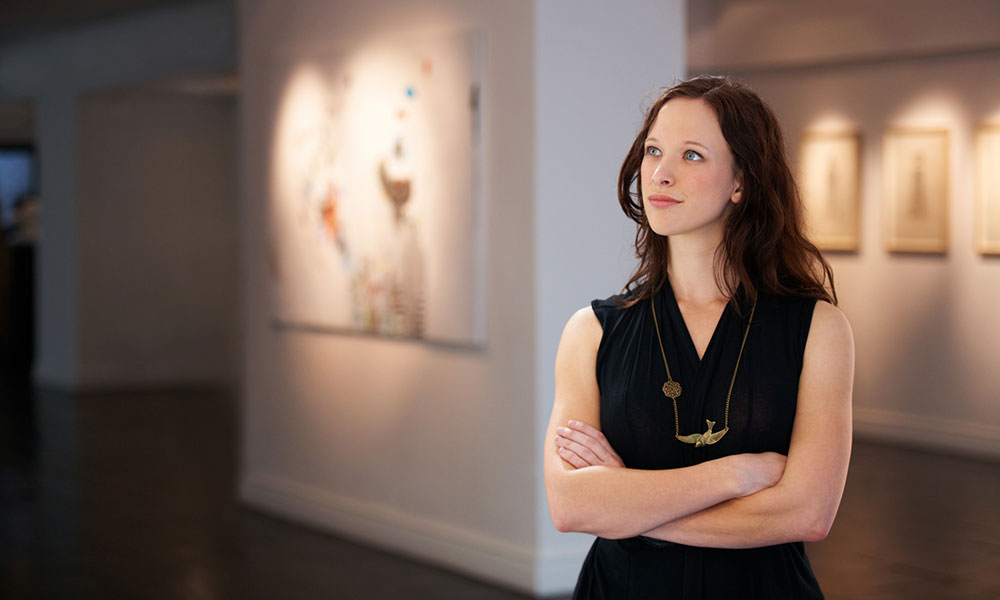
Does Your Conference Need a Curator?
Hotel brands are bringing curators on board to help them craft a better experience for their guests. Could your meeting benefit from adding a conference curator?
A few weeks ago I read that fashion designer Zac Posen was named a curator for Rosewood Hotels & Resorts. In this role, he is working with the hotel group’s Dallas property, Rosewood Mansion on Turtle Creek. And, according to a press release, he’ll share “his favorite ways to experience the city and his tips for discovering the unexpected, most authentic elements of a destination.”
Among the travel ideas he shared so far: exploring a destination’s full range of cultural attractions—from the art museum to the rodeo, detaching from mobile devices and experiencing the unknown, and remaining present and open to inspiration.
As I was reading about Posen’s role, I couldn’t help but think about how association conferences could benefit from a similar curator role and what exactly that person would do.
A conference curator could be a member of an association’s meetings staff who helps design the experience for attendees—similar to the role of a museum curator. He or she picks and chooses the elements of the meetings to create an environment where attendees learn and are inspired. The person would also have a primary role in determining the look and feel, as well as the messaging, that would drive the experience. In addition, sessions and speakers would be selected using that same mindset. By taking this broader, 360-degree view, associations would hopefully deliver a conference experience to attendees that feels much more cohesive.
You could even expand the conference curator role to get your members and attendees involved. For example, you could have a conference curation committee where attendees who have previously attended the conference help develop the experience for the upcoming year. Like Posen, some of these volunteers could offer up tips and tricks for making the most of the conference and share some insider knowledge. This would also provide the association with a great content marketing tool.
But whether the curation role goes to a staff member or volunteers, you want to be sure they don’t overly curate the experience. What I mean is that you don’t want to be so rigid in the curation process that you eliminate your attendees’ ability to make their own decisions or to determine what their own experience will look like. Rather, you want to show them the possibilities, create an environment that’s conducive to learning and inspiration, and then let them take their own course—much like a trip to a museum.
Do you think your conference could benefit from a curator? Please share your thoughts in the comments.
(PeopleImages/DigitalVision/Getty Images Plus)






Comments